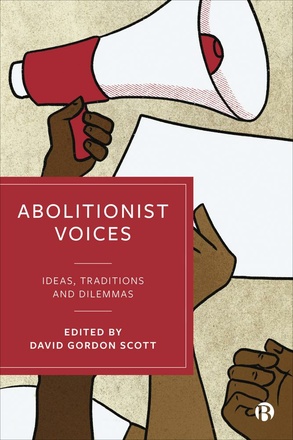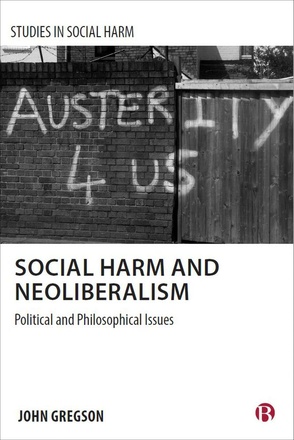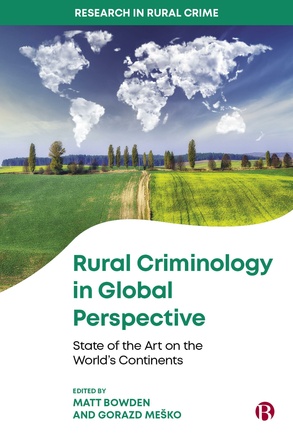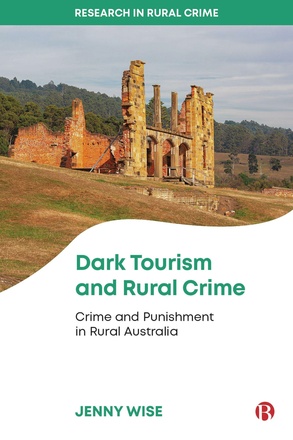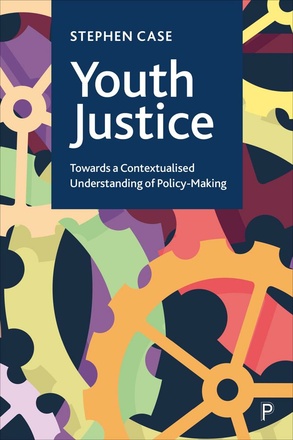Criminology - Research
The Privatization of Immigration Detention
Actors, Practices, and Effects
This timely book explores the widespread involvement of private companies in UK detention and removal policies. Based on original empirical data, the author pulls back the curtain on the day-to-day practices of the Home Office and private service providers, offering critical insights about the inner workings and failings of their processes.
- ForthcomingHardbackGBP 53.99 Pre-order
- Currently not availableEPUBGBP 18.99
Sentencing Serious Sex Offenders
How Judges Decide when Discretion is Wide
Addressing a lack of high-quality sentencing information in Ireland, this important book explores the factors that influence judges to impose a sentence of long-term imprisonment in sexual offence cases. The book is designed to be used in the classroom and the court, as well as providing a solid evidence base to inform policy-makers.
- ForthcomingHardbackGBP 45.00 Pre-order
- Currently not availableEPUBGBP 14.99
The Development of Child Protection Systems and Practice in Low to Middle Income Countries
A first of its kind, this book explores child protection systems in non-Western, low- and middle-income countries, offering a descriptive, yet analytical, account of the development and current stage of practice in twelve different countries.
- ForthcomingHardbackGBP 85.00 Pre-order
- Currently not availableEPUBGBP 29.99
Abolitionist Voices
Why have so many radical thinkers advocated for the abolition of prisons and punishment and why have their ideas been so difficult to communicate and garner widespread support? This book outlines the long and nuanced history of penal abolitionism and shows how these ideas have continued topicality.
- ForthcomingHardbackGBP 90.99 Pre-order
- Currently not availableEPUBGBP 27.99
Social Harm and Neoliberalism
Political and Philosophical Issues
This book links criminological, political, moral and philosophical issues to offer a deeper understanding of the problem of social harm within the neoliberal environment. With case studies illustrating the direct and indirect harms that result from neoliberal policies or harmful inaction, it also demonstrates the harms caused by individualism.
- ForthcomingHardbackGBP 85.99 Pre-order
- Currently not availableEPUBGBP 27.99
Police Diversity
Beyond the Blue
Providing a unique ‘insider’ perspective on police diversity, this book reveals the current tensions between the police and diverse populations in the UK and US. It demonstrates the obstacles to progress, revealing how championing diversity as part of police reform efforts can positively impact the lives of policed communities.
The Far-Right in Ireland
Rise, Activities and International Links
- ForthcomingHardbackGBP 45.00 Pre-order
- Currently not availableEPUBGBP 14.99
Rural Criminology in Global Perspective
State of the Art on the World's Continents
This edited collection crosses international boundaries to highlight rural criminological issues, offering research on rural crime, justice and security from the seven continents with a macroscopic perspective on issues of international concern.
- ForthcomingHardbackGBP 80.00 Pre-order
- Currently not availableEPUBGBP 27.99
Dark Tourism and Rural Crime
Crime and Punishment in Rural Australia
This book uses dark tourism case studies to explore the unique considerations and constraints of tourism within rural and regional Australia, and how such sites contribute to Australia’s national identity.
- ForthcomingHardbackGBP 85.99 Pre-order
- Currently not availableEPUBGBP 29.99
Turning Global Rights into Local Realities
Realizing Children’s Rights in Ghana’s Pluralistic Society
Focusing on Ghana, this book explores the intersection of dominant children's rights principles with lived realities. Challenging one-dimensional portrayals, it advocates for more holistic approaches to the study of children’s lives and children’s rights realization in Southern contexts.
- ForthcomingHardbackGBP 80.00 Pre-order
- Currently not availableEPUBGBP 27.99
Crimes of the Powerful and the Contemporary Condition
The Democratic Republic of Capitalism
The ultimate expression of power is the ability to act beyond the confines of law. Illuminating the condition of ‘panoramic power’, this book offers new thinking on damaging structures of power and privilege – and the political activities needed to achieve intervention and change.
Youth Justice
Towards a Contextualised Understanding of Policy-Making
Policy development and implementation has a pivotal role in the youth justice system, with a profound impact upon professionals and the children they work with. Presenting original research on a variety of stakeholder policy-makers in England and Wales, this book is key reading for researchers and practitioners responding to youth offending.
- ForthcomingHardbackGBP 80.00 Pre-order
- Currently not availableEPUBGBP 27.99









